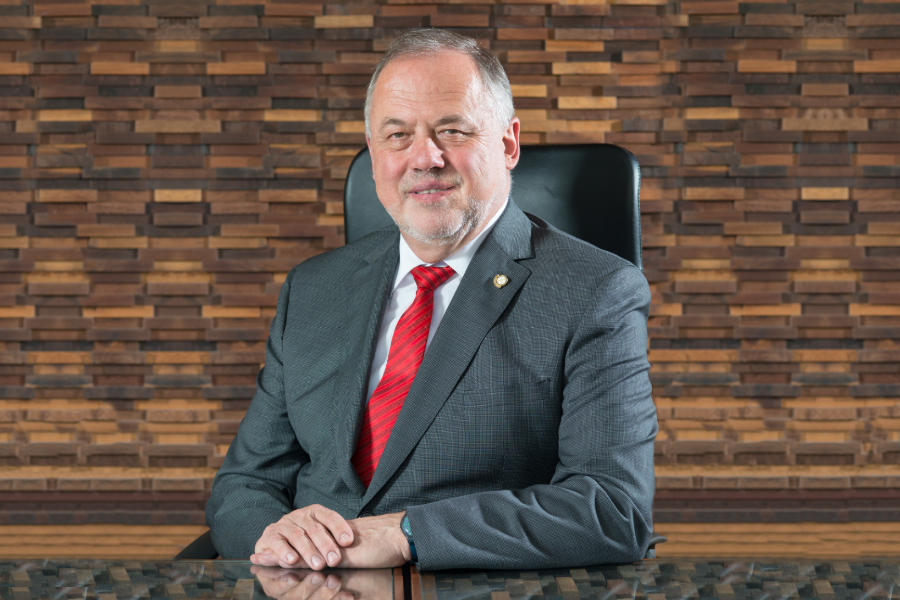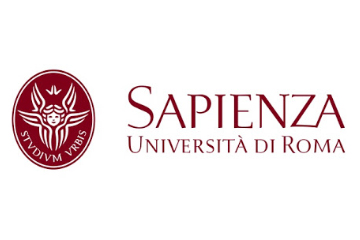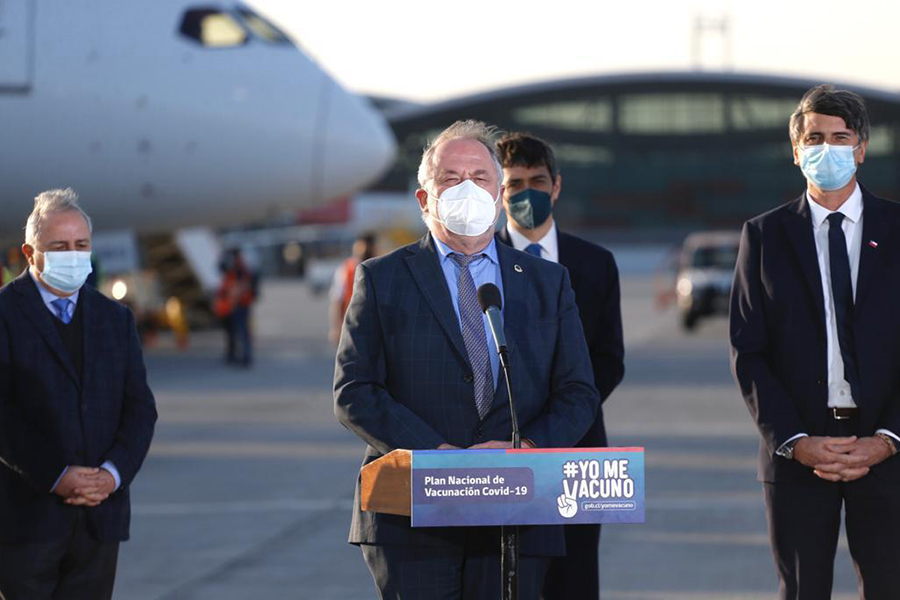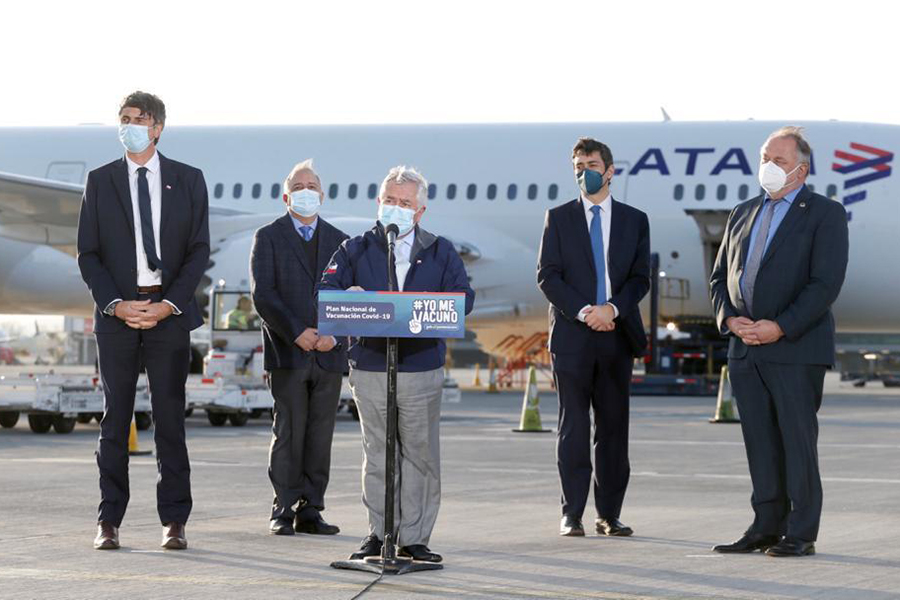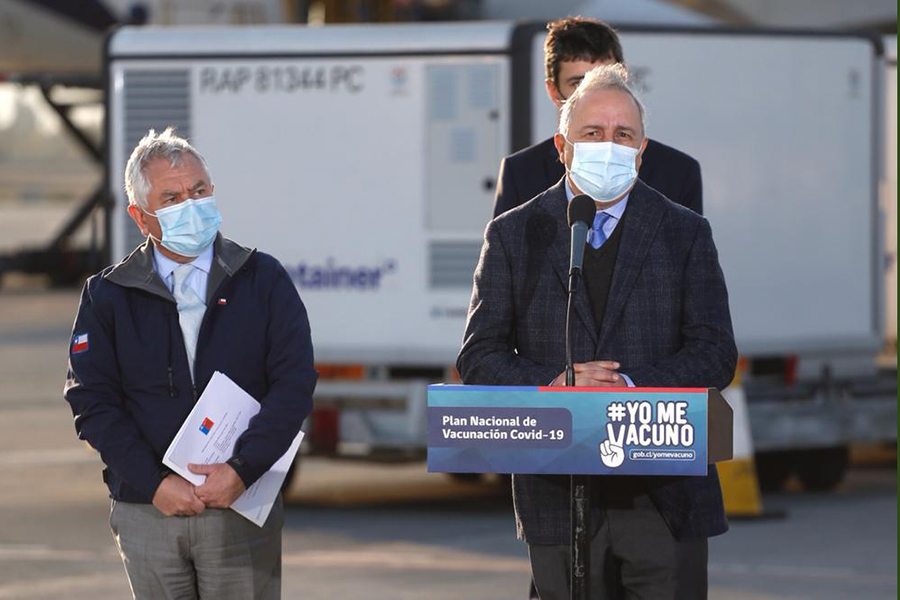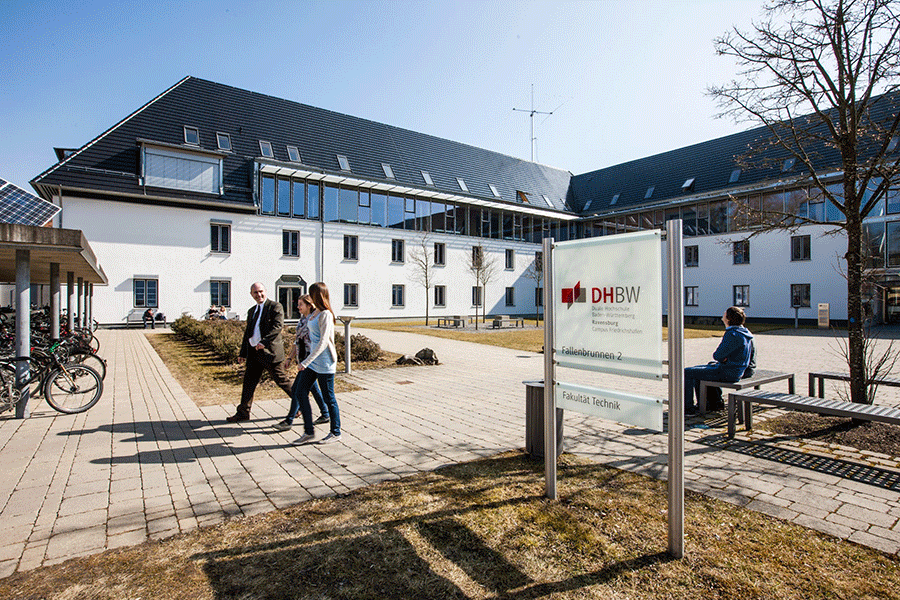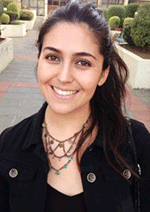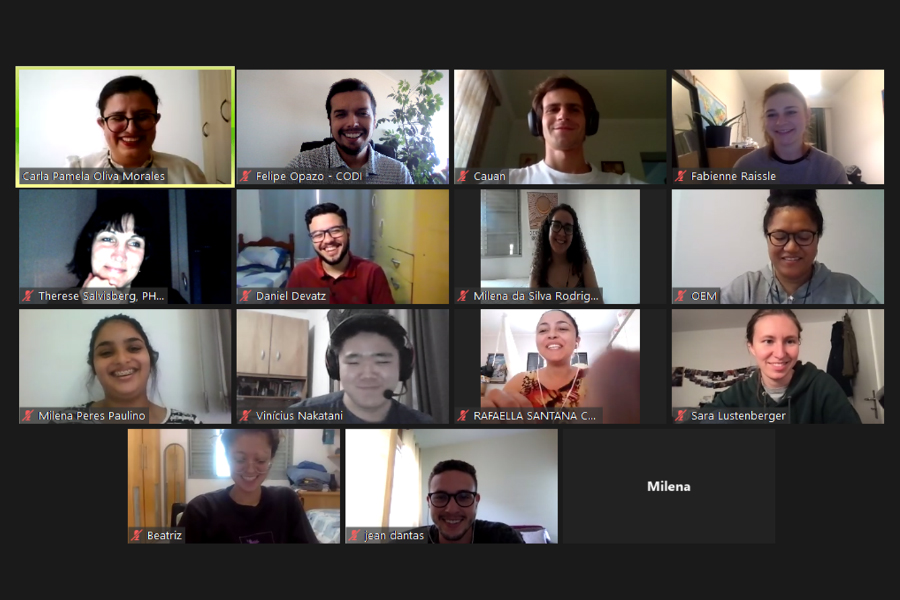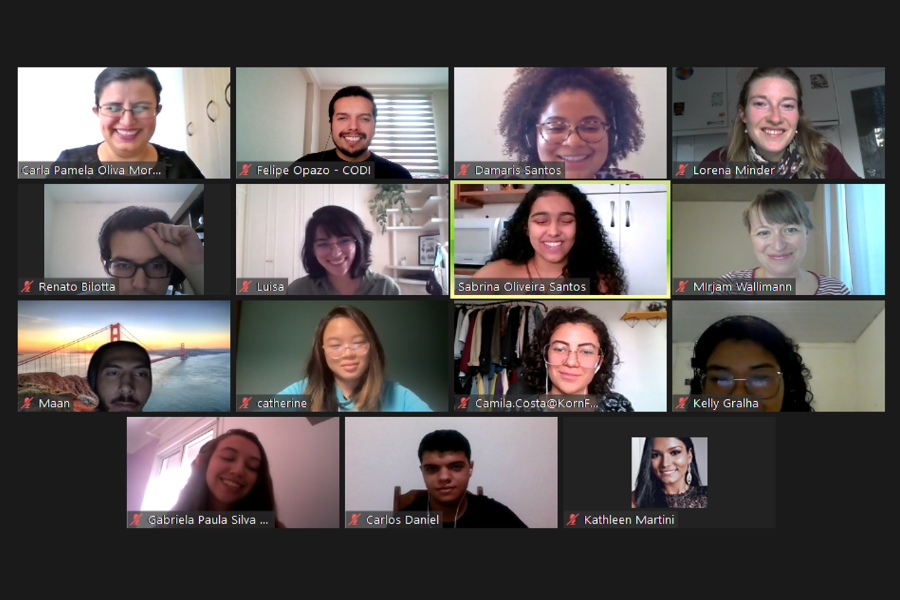|
In March of 2021, the Rector of UFRO, Dr. Eduardo Hebel Weiss, was elected as a member of the Board of Directors of Universia Chile. This month, he assumed his duties. |
Universia is the largest network of university cooperation in Ibero-America. In Chile, it stands out since its foundation, for being a meeting point for the 57 Chilean universities that are part of it. The main lines of action focus on academic orientation and on support for the digital transformation of the universities. This is the first time that the Universidad de La Frontera (UFRO) is part of this Board of Directors, being represented by the Rector, Dr. Eduardo Hebel Weiss, since July 14 of 2021. According to the bylaws of the network, the appointment is for two years, but the members can be re-elected for an unlimited number of times. In this regard, Dr. Hebel said that “our university will make an important contribution to this network that brings about 800 universities from all over the world together. It is the first time that we are part of this Board of Directors and we will be working together with the rectors of the other universities, in order to think about the university of the future”. Universia Chile is a corporation with a Board of Directors, which consist of the rectors of the following Chilean universities: Universidad de Chile, Pontificia Universidad Católica de Chile, Pontificia Universidad Católica de Valparaíso, Universidad Mayor, Universidad de La Frontera, Universidad Católica del Norte, Universidad del Desarrollo, Universidad de Talca, Universidad de los Andes, Universidad Santa María and Universidad de Santiago de Chile, as well as of independent individuals and executives of the Santander Group. Written by: UFRO Communications Office
|
|
Thanks to an agreement signed in 2019, students from both universities will be carrying out joint research, with the aim of achieving a double degree, from Chile and Italy. |
The Universidad de La Frontera (UFRO) started to collaborate with Sapienza University of Rome in 2017, through the UFRO Doctorate in Communication and the Faculty of Political Sciences, Sociology and Communication of Sapienza, which led to an exchange agreement that was signed two years later and that allows the students of both universities to carry out research under joint supervision, with the possibility to achieve a double degree. This academic alliance is part of the internationalization process of the UFRO Doctorate in Communication. The program does already have a double degree agreement with the University of Groningen (Netherlands), which currently allows three students to work on their double degree and will allow two other students to start this process next year. In this context, the agreement with Sapienza University will be a great opportunity for even more students. According to Dr. Carlos del Valle, the director of the doctoral program, the access to a double degree is a significant contribution to the academic training of the students and a cultural and educational enrichment as well. One of the challenges that the students of the program have to face when they go to other universities – European universities in this case – is the fact that they will have to work in a context that is very different from ours regarding their research and academic stays. “When you work together with other universities in Latin America, the experience is more similar to ours and it is easier to adapt, but when the students go to a university in Europe, they do not only have to adapt to cultural differences in general, but also on the academic level. But, of course, that also makes the experience more exciting and it is definitely worth it,” he said.
Written by: Communications Office, UFRO
|
|
The Chinese-Canadian vaccine requires only one dose and is the fourth one approved by the ISP for its use in Chile, where the clinical trials were led by the Universidad de La Frontera. |
Chile received the first 300 thousand doses of the Chinese-Canadian vaccine CanSino in the presence of the Minister of Health, Enrique Paris; the Minister of Science, Technology, Knowledge and Innovation, Andrés Couve; the Rector of the Universidad de La Frontera (UFRO), Dr. Eduardo Hebel, and the UFRO researcher Dr. Fernando Lanas, who was part of the team that led the clinical trials for this vaccine in Chile. CanSino is the fourth vaccine approved by the Institute for Public Health (ISP) in Chile. It requires only one dose and the Health Minister pointed out that it will be used mainly in remote areas. These 300,000 doses are the first batch of 1,800,000 doses that will arrive in Chile. “Today is a great day for Chile,” Dr. Eduardo Hebel, the Rector of UFRO, said, adding that the Universidad de La Frontera has joined the efforts made by scientists around the world. “Today, we can proudly see that the study we were leading at a regional university, in alliance with three other Chilean universities, brought concrete and significant results for the Chilean population, since we received the first doses of this vaccine, being able to distribute them all over the country. We were able to make an important contribution as a regional university, making visible our capacities, thanks to the collaborative work within the national and international scientific community.” Dr. Fernando Lanas, a researcher of the Faculty of Medicine who was part of the team that led the clinical trials for this vaccine in Chile, thanked the authorities for the trust they have placed in the university to lead and coordinate the work, as well as the 3,500 volunteers who participated in the trials and contributed to the knowledge and health of the people around the world. The UFRO researcher explained that this vaccine uses an inactive human adenovirus, which carries the “S” protein of the coronavirus on its surface. He also highlighted that the interim studies indicated an effectiveness of 65.7% to prevent symptomatic cases and 90.98% to prevent severe cases. “When we received the invitation to coordinate this study, we knew that Chile had already purchased a substantial amount of vaccines, so we started the trial thinking that they might not be used. Today, we are very happy to see the arrival of these first doses.” The Vice-Rector for Research and Graduate Studies at UFRO, Dr. Pamela Serón, emphasized that this has been a huge effort by the researchers from UFRO, the universities Universidad San Sebastián and Universidad Austral de Chile, different Health Centers, the Scientific Committee on Vaccines and the Saval Laboratories. “We are very proud and satisfied, since we were able to fulfill such a fundamental task of a university, which is the promotion, coordination and research that leads to an impact on the well-being of the society,” she concluded. Written by: Karimme Riadi Millas
|
|
Pamela Vera Loncomilla and Xeiya Abarzúa Cifuentes are the two students of the UFRO Faculty of Law and Business, who were selected to spend a trimester at DHBW-Ravensburg in Germany in 2021. |
The two selected students of the program in Business Administration of the Universidad de La Frontera (UFRO) will have the opportunity to spend a trimester at the Duale Hochschule Baden-Württemberg (DHBW) in Ravensburg, Germany, from July 1 to September 28, thanks to the current agreement between the Faculty of Law and Business at UFRO (FCJE-UFRO) and DHBW-Ravensburg.
The Faculty of Law and Business has its own internationalization program, with thirteen valid agreements with universities in different parts of the world. They are an important platform for the students, since they allow them to build their own professional networks and offer them many great opportunities.
Written by: Karen Campos
|
|
Students from Brazil, Canada, New Zealand, Switzerland and Saudi Arabia are participating in the current courses, improving their Spanish reading, listening, writing and speaking skills. |
The Spanish courses for foreign students at the university Universidad de La Frontera (UFRO) are an initiative that started in 2018. The courses are carried out by the Language Coordination Center (CODI), which is one of the units of the Office for Comprehensive Training and Employability of the Vice-Rectorate for Undergraduate Affairs, in cooperation with the Student Mobility Unit, which is part of the International Affairs Office. “Over the years, we were able to establish a very fruitful alliance between the Language Coordination Center and the International Affairs Office, which allows us to implement these courses that are always in demand. Our purpose is to contribute to the students’ education and to make our university more visible. In addition, we are also planning other alliances, so that our students can participate in language courses at foreign universities,” emphasizes Juan Méndez, the Director of the Office for Comprehensive Training and Employability. Although it was not possible to carry out these courses in 2020, due to the pandemic, this year, the courses take place online. They last eight weeks and include 32 hours of synchronous work and 16 hours of asynchronous work. Every course allows a maximum of 20 international students from the universities that have an agreement with UFRO. The director of CODI, Felipe Opazo, emphasizes that “the participants are students from different parts of the world, who all want to learn Spanish and, in the near future, want to study at our university or get to know other Spanish-speaking countries. After the first sessions, we noticed the great interest and enthusiasm of the students to learn Spanish as a second or third language, and that makes us very happy, since it is the first time that we carry out these courses online”. He also adds that “these courses follow the same methodology we use to teach English to our undergraduate students, in which the activities focus on culture, communication and being able to communicate, rather than focusing on exact grammar. We hope that we will be able to continue with these courses in the future, strengthening our ties with the foreign universities that have an agreement with us, and also showing students from all over the world who UFRO is and why our university stands out in Latin America”. The courses are based on a communicative approach, so that the students from Brazil, Canada, New Zealand, Switzerland and Saudi Arabia will be able to improve their Spanish reading, listening, writing and speaking skills. There are also two different levels available: Spanish for Beginners (A1) and Intermediate Spanish (B1). In addition, the participants will be able to learn more about the Chilean and Latin American culture, so that it will be easier for them to adapt when they come to Chile or another Spanish-speaking country in Latin America in the future. According to Antonia Espinoza, the director of the Student Mobility Unit at UFRO, the International Affairs Office is very pleased with the alliance with CODI that allows the development of these Spanish courses for foreign students. “We are excited to know that our courses are highly demanded and we are also grateful that these times of virtuality allow us to reach students from all over the world. We hope that we will be able to continue with this offer, in order to position UFRO as an international educational destination,” she adds. EXPERIENCES “The classes are interesting, fun and varied. It is a good mix of oral exercises, grammar, and knowledge about the Latin American culture and customs. Our teacher, Carla, is a very nice person and manages to include all of the students in the exercises. Many thanks to UFRO for this opportunity. I am very happy to be part of this initiative,” comments Mirjam Wallimann (Switzerland). “I want to learn Spanish because, until today, I have not had the opportunity to learn a language other than my mother tongue, and also because I like this language and identify with it, much more than with the English language. I chose UFRO because my university promoted this program and, fortunately, I fulfilled the requirements. Apart from that, I did some research on UFRO and I liked the fact that it is a university of excellence,” explains Rafaella Santana (Brazil). “My experience with the course is very good. I have already completed a couple of classes, and the teacher is very dedicated and proactive. I will go to Spain next year for my studies, so that is why I want to learn Spanish. Apart from that, it is a language that is widely spoken around Brazil and I like learning new languages,” says Cauan Montano Brutton (Brazil). “I always wanted to learn Spanish, because I think that it is a beautiful language. I applied to spend a semester in Spain, but in the end, it didn't work out because of different reasons. Besides, I would like to travel to Mexico and South America, maybe this year or next year. It was my university (PH Lucerne) that suggested this course as a possibility to learn Spanish and I loved the idea of learning Spanish in an international course. That is why I enrolled,” explains Fabienne Raissle (Switzerland).
Written by: Rocío Álvarez Yáñez |





